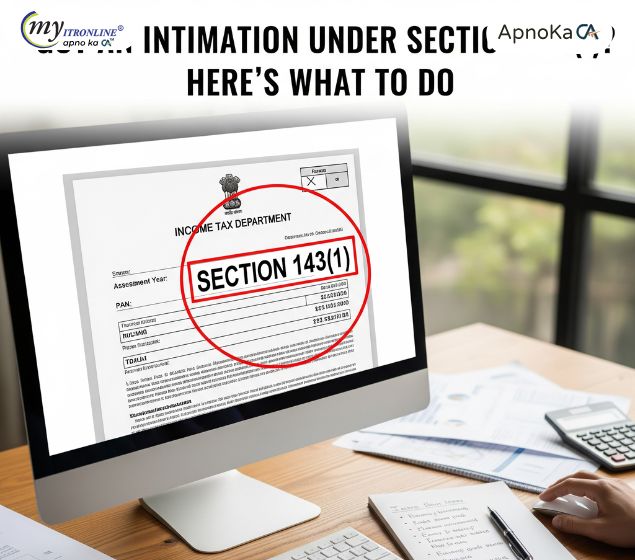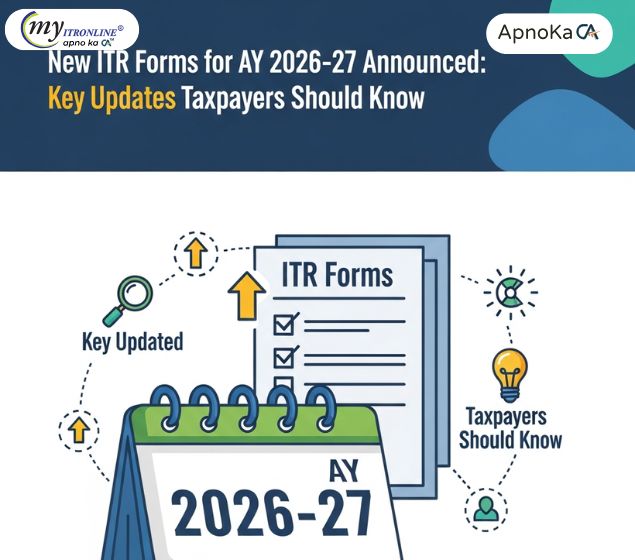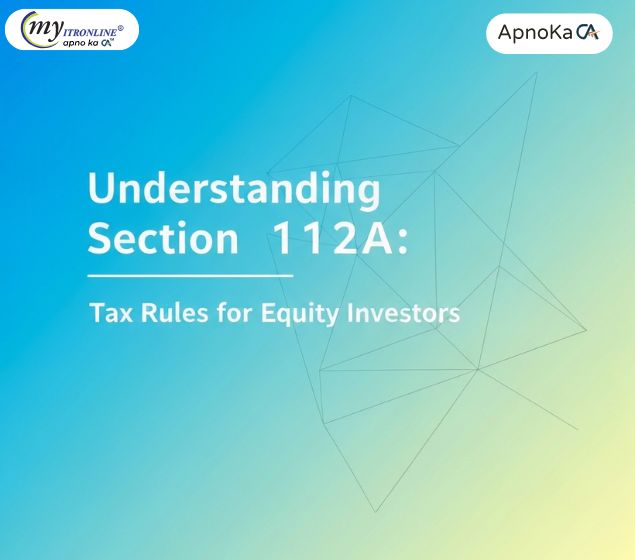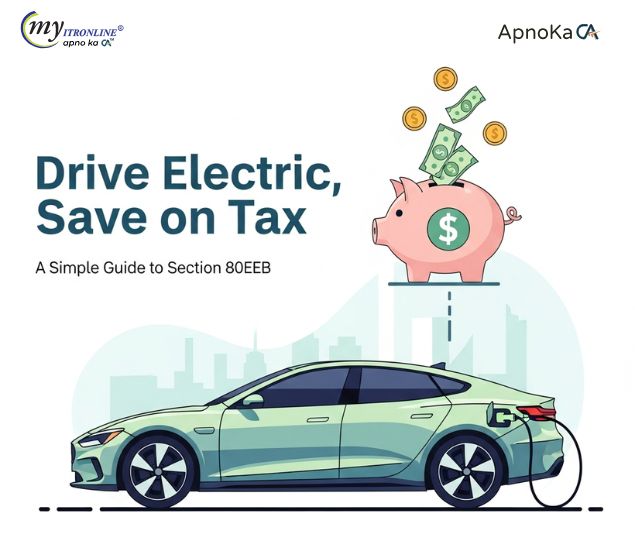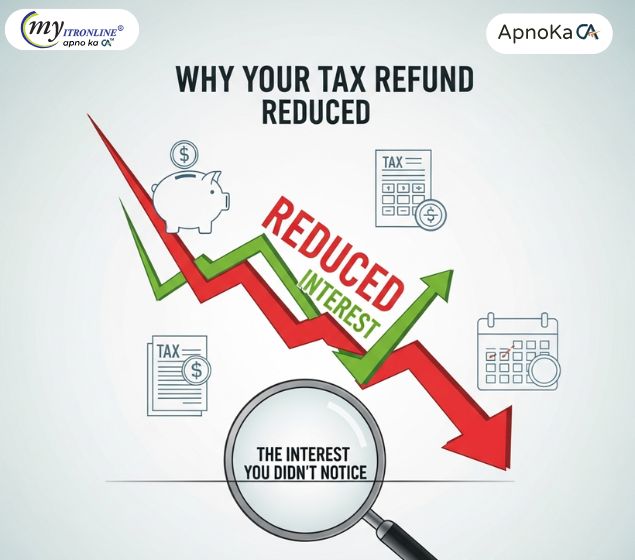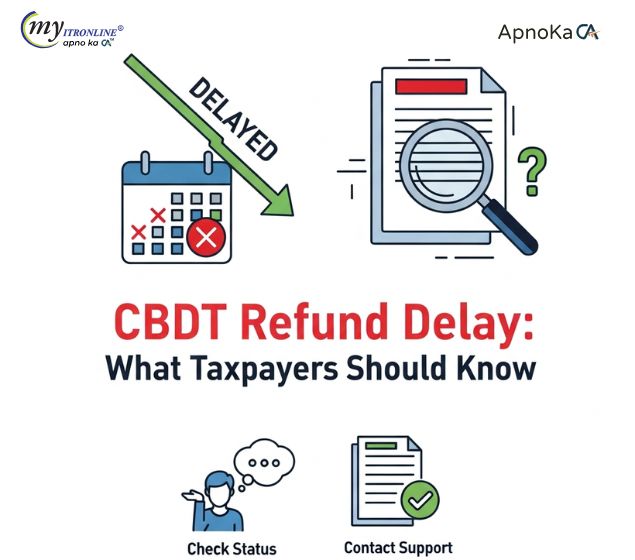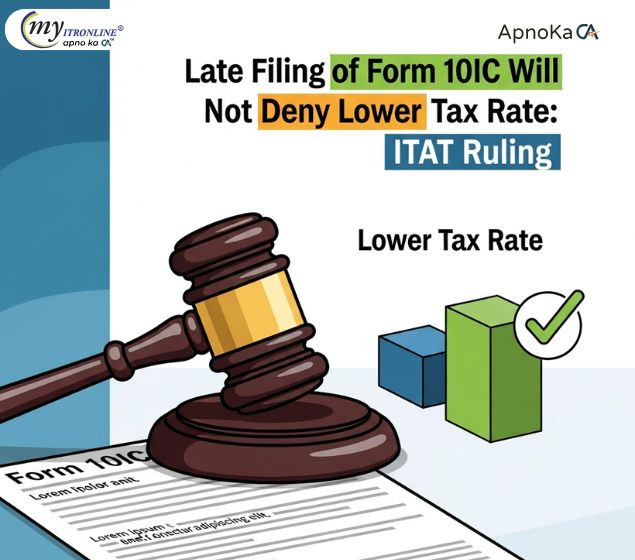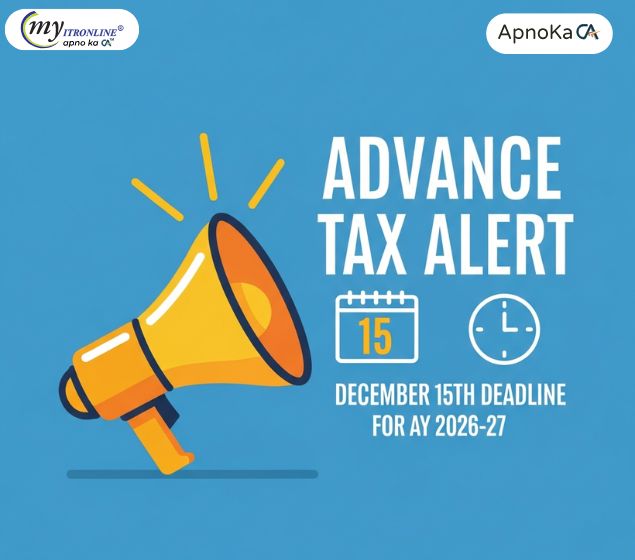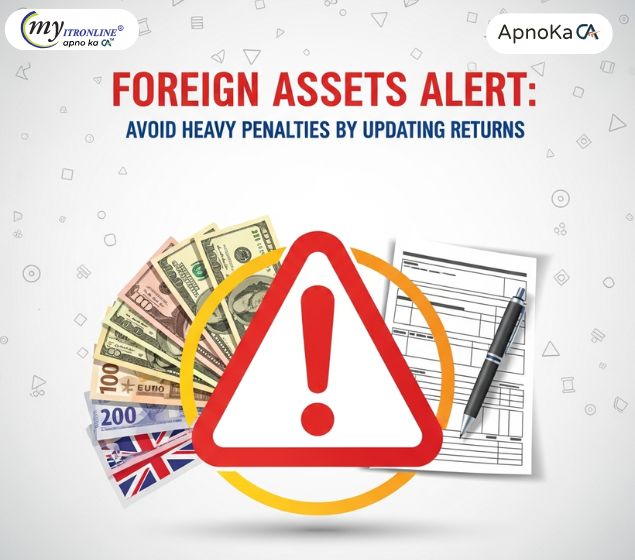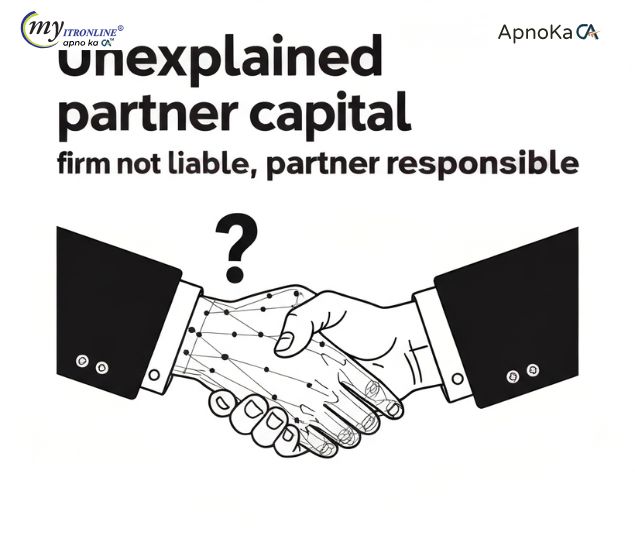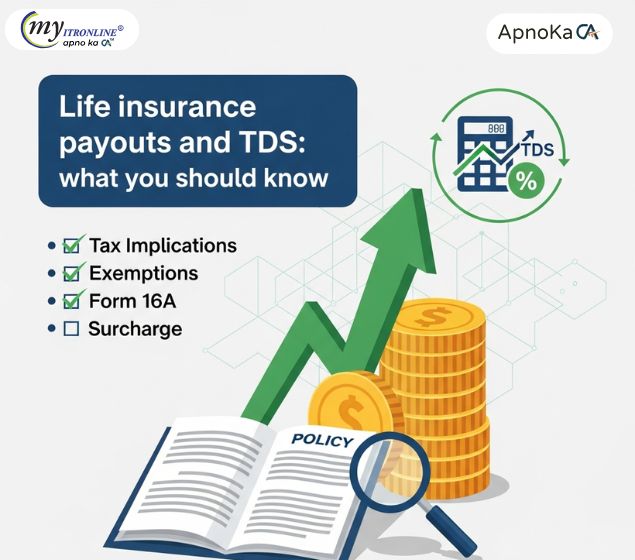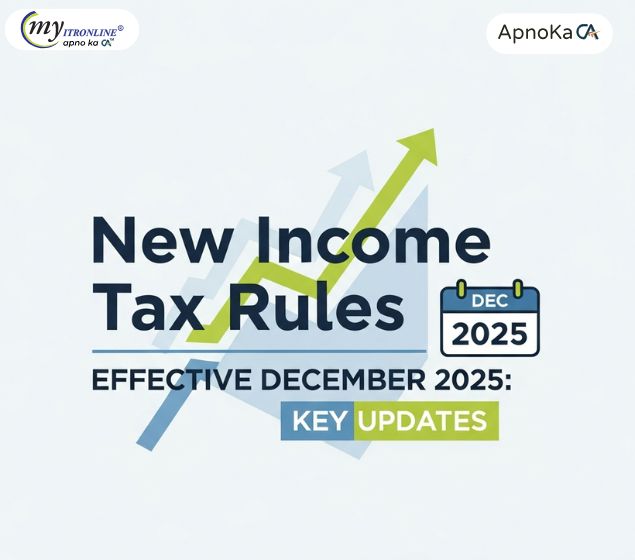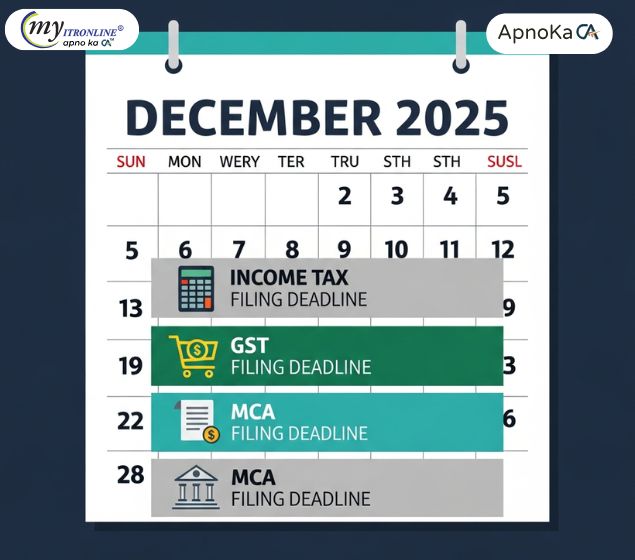Section 194LBA TDS Rates & Compliance for REITs/InvITs (India Tax)
This blog post explains Section 194LBA of India's Income Tax Act, detailing the Tax Deducted at Source (TDS) rules for income distributions (interest, dividend, rent) from Business Trusts (REITs and InvITs) to resident and non-resident unitholders, including rates, compliance, and consequences.

The launch of Real Estate Investment Trusts (REITs) and Infrastructure Investment Trusts (InvITs), collectively referred to as Business Trusts, has made it easier for retail investors to participate in large-scale real estate and infrastructure projects. These entities consolidate investor funds to invest in assets that generate income.
When these trusts generate income and distribute it to their unitholders, tax consequences come into play. Section 194LBA of the Income Tax Act, 1961, specifically addresses the Tax Deducted at Source (TDS) on select incomes allocated by these Business Trusts to their unitholders.
Let’s explore the details of this section.
Section 194LBA requires that a Business Trust deduct TDS when it distributes certain types of income to its unitholders. This provision guarantees that tax is collected at the source on the earnings that investors realize from REITs and InvITs.
Who is Obligated to Deduct TDS (Deductor)?
The Business Trust (either REIT or InvIT) is the entity that must implement the TDS deduction as mandated by Section 194LBA.
The TDS is withheld from the income allocated to the unitholders of the Business Trust. This encompasses:
- Resident Unitholders
- Non-Resident Unitholders (which includes Foreign Companies)
Section 194LBA relates to distributions made by a Business Trust to its unitholders, which are specified in Section 115UA(1) of the Income Tax Act. This income usually represents a pass-through of the underlying income received by the trust (or its associated Special Purpose Vehicles - SPVs). The primary elements are:
- Interest Income: The income received or expected from an SPV by the Business Trust.
- Rental Income: The income generated from leasing or renting a real estate asset that the REIT directly owns.
- Dividend Income: The income obtained or anticipated from an SPV by the Business Trust (especially relevant after the removal of the Dividend Distribution Tax - DDT).
TDS under Section 194LBA must be deducted at the moment of:
- Crediting the income to the unitholder's account; or
- Disbursing the income to the unitholder (whichever occurs first).
The rates for TDS are determined by the unitholder's status (resident or non-resident) and the type of income being distributed:
| Type of Income Distributed by Business Trust | Unitholder Status | TDS Rate (under 194LBA) |
|---|---|---|
| Interest component (from SPV received by pass-through) | Resident | 10% |
| Interest component (from SPV received by pass-through) | Non-Resident / Foreign Company | 5% (+ applicable Surcharge & Health and Education Cess) or DTAA rate, whichever is lower* |
| Dividend component (from SPV received by pass-through)** | Resident | 10% |
| Dividend component (from SPV received by pass-through)** | Non-Resident / Foreign Company | 10%/20% (+ applicable Surcharge & HEC) or DTAA rate, whichever is lower* |
| Rental Income component (from directly owned asset) | Resident | 10% |
| Rental Income component (from directly owned asset) | Non-Resident / Foreign Company | Rates in effect*** (+ applicable Surcharge & HEC) or DTAA rate, whichever is lower* |
Notes on Rates:
- *DTAA Benefit: Non-resident unitholders may avail benefits under the applicable Double Taxation Avoidance Agreement (DTAA) between India and their respective countries, possibly resulting in a reduced TDS rate. To qualify for this, they typically need to provide a Tax Residency Certificate (TRC), Form 10F, and a declaration of not having a Permanent Establishment (PE) in India.
- **Dividend Component: The taxation landscape regarding dividends has undergone substantial changes. Shareholders generally face taxation on dividends. When a Business Trust distributes dividend income obtained from an SPV, Section 194LBA becomes applicable. The tax rate for non-residents is often influenced by various factors and specific DTAA provisions, typically ranging from 10% to 20% (+SC/Cess).
- ***Rates in Effect (for Rental Income to Non-Residents): This generally denotes the highest marginal tax rate (currently 30% for individuals and non-corporates, potentially higher for foreign corporations, along with applicable surcharges and cess), subject to benefits under the DTAA.
Unlike many other TDS provisions (such as 194A for interest or 194I for rent), Section 194LBA does not define any minimum threshold limit. Consequently, TDS must be deducted on the distribution of specified income, regardless of the amount.
- Deduct TDS: At the relevant rates.
- Deposit TDS: Remit the deducted tax to the government within the designated deadlines.
- File TDS Returns: Submit quarterly TDS statements:
- Form 26Q for deductions related to resident unitholders.
- Form 27Q for deductions regarding non-resident unitholders.
- Issue TDS Certificates: Provide Form 16A to the unitholders, detailing the TDS deducted.
- Higher Rate: If a non-resident unitholder fails to provide their Permanent Account Number (PAN) to the Business Trust, TDS may be withheld at a higher rate in accordance with Section 206AA.
- Form 15CA/15CB: While Section 194LBA governs the TDS deduction by the trust, it is also crucial to consider the applicability of Form 15CA/CB (declaration/certificate for payments to non-residents) by the deductor (Business Trust) as per Rule 37BB.
- Certificate for Lower/Nil Deduction: A non-resident can request the Assessing Officer under Section 197 for a certificate permitting the Business Trust to deduct TDS at a lower or nil rate.
Failure of the Business Trust to adhere to the provisions of Section 194LBA can result in:
- Interest: Interest under Section 201(1A) for not deducting or delays in paying TDS.
- Penalty: A penalty under Section 271C for the non-deduction of TDS. (e.g., penalty amount could be in Rupees - ₹)
- Disallowance of Expenditure: Although this is less directly relevant to income distribution, non-compliance with TDS regulations can generally lead to disallowances under other provisions (e.g., Section 40(a)(ia)), though the mechanism varies for trust distributions.
- Legal Action: In cases of serious defaults.
Section 194LBA is vital to the tax framework concerning REITs and InvITs in India. It guarantees tax compliance on income distributed by these Business Trusts by placing the deduction responsibility on the trust itself. For investors (unitholders), comprehending this section is essential for reconciling their income and claiming credit for the taxes that have already been deducted. For Business Trusts, strict adherence to Section 194LBA is crucial to avoid interest and penalties. As the REIT and InvIT market continues to expand, the importance of this section for both trusts and investors will only grow.
FILING YOUR INCOME TAX RETURN F.Y 2024-25 (A.Y. 2025-2026) WITH MYITRONLINE
The income tax filing deadline is right around the corner. If you haven’t filed yet, do it today with Myitronline! Avoid last minute rush and file your tax return today on MYITRONLINE in Just 5 mins.(www.myitronline.com)
If you are looking for eCA assistance to file your income tax return/ GST, you can opt for MYITRONLINE eCA assisted plan starting
Upload Salary Individual Form-16
If you have any questions with filing your tax return, please reply to this mail. info@myitronline.com OR call 9971055886,8130309886.
Note-All the aforementioned information in the article is taken from authentic resources and has been published after moderation. Any change in the information other than fact must be believed as a human error. For queries mail us at marketing@myitronline.com
Krishna Gopal Varshney
An editor at apnokacaKrishna Gopal Varshney, Founder & CEO of Myitronline Global Services Private Limited at Delhi. A dedicated and tireless Expert Service Provider for the clients seeking tax filing assistance and all other essential requirements associated with Business/Professional establishment. Connect to us and let us give the Best Support to make you a Success. Visit our website for latest Business News and IT Updates.
Leave a reply
Your email address will not be published. Required fields are marked *Share this article
Krishna Gopal Varshney, Founder & CEO of Myitronline Global Services Private Limited at Delhi. A dedicated and tireless Expert Service Provider for the clients seeking tax filing assistance and all other essential requirements associated with Business/Professional establishment. Connect to us and let us give the Best Support to make you a Success. Visit our website for latest Business News and IT Updates.
View articles










